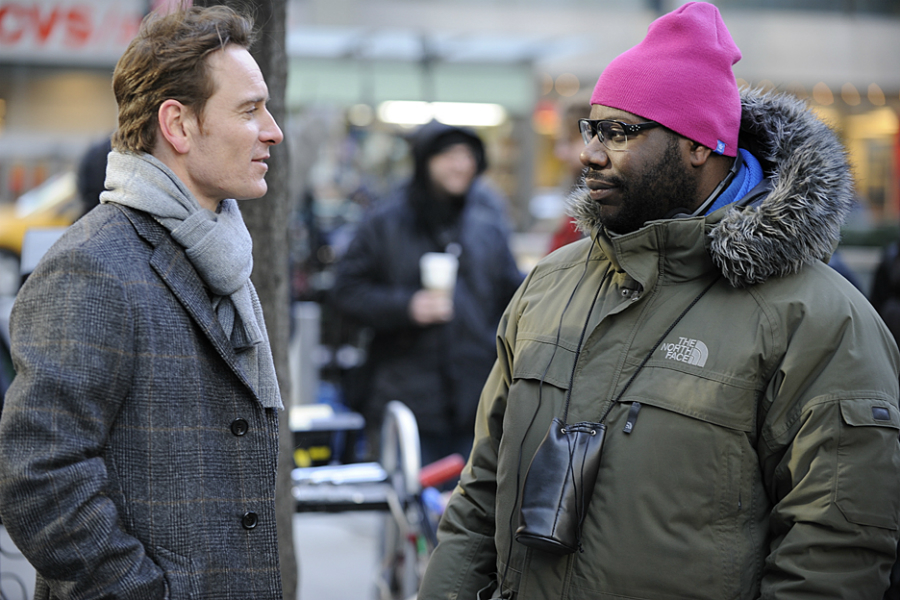In Profile: Steve McQueen

How many Turner Prize-winning artists does it take to make a Hollywood feature? By our count, just the one…
When Steve McQueen won the Turner Prize in 1999, the jury noted the “poetry and clarity of his vision, the range of his work, its emotional intensity and economy of means”, with his “continuing intellectual and technical evolution” also factors.
What’s interesting about those plaudits so heavily drenched in admiration is their universality – they can apply just as easily to Steve McQueen the director as they can to McQueen the artist; in fact, more so the former, if anything – for while it is hardly rare for creatives to dabble in different disciplines, often with questionable and varying degrees of success, it is certainly rare that they do so with such aplomb as McQueen.
Flash forward more than a decade and the prize-winning former Goldsmiths man is now undoubtedly recognised first and foremost as a director – indeed, one of rarefied quality, making his transition look effortless.
In McQueen’s case, perhaps the response shouldn’t be one of surprise. Among the three works he exhibited in the Turner showcase one, entitled Deadpan, recreated a Buster Keaton silent movie stunt in which a building front collapses around him. You know the one. And previously he had produced a number of short films, four of which came before his Turner Prize win.
So this was a man equally at home with the language of film as he was with traditional ideas of what constitutes visual art; after-all, what is film – done well rather than for the multiplex – if not another art-form? It is this approach (or something like it) which has served the director so well since dipping his toe into features.
That said his debut still constituted something of a pleasant surprise for all but those monitoring his career most closely. 2008’s Hunger, dealing with the 1981 hunger strike of the IRA’s Bobby Sands (played by Michael Fassbender), earned widespread critical acclaim (including, amongst others, five stars from the Guardian’s Peter Bradshaw – no mean feat), winning the Caméra d’Or award at Cannes.
Three years later, McQueen conclusively proved that Hunger hadn’t simply been a vehicle to get direction out of his system; no one-off, this is what he was now. Shame, again starring Fassbender (this time as successful advertising executive Brandon), documents and exposes the personal tragedies visited upon the sex-addicted.
Not the sordid or exploitative treatment of a subject matter some directors would no doubt leap at, dollar signs for eyes, this is sex as compulsion, leaving the protagonists and viewers in no doubt about Brandon’s emotional erosion at the hands of insatiable, damaging cravings.
With those two films, McQueen has hardly blinked, taking an unswerving look at very different aspects of the human condition. So, the question is, where does he go from here? His next film, 12 Years A Slave, marks a departure, in that McQueen had co-writing credits on both Hunger and Shame, while his latest is an adaptation of a book of the same name – for the first time, this isn’t his source material.
The first-hand account of Solomon Northup, 12 Years A Slave recounts the story of a free black man (played by Chiwetel Ejiofor) in 19th century New York, subsequently kidnapped and sold into slavery in pre-Civil War Louisiana.
Though not released in the UK until 2014, McQueens burgeoning reputation and early industry chatter (it played very positively at festivals this year) mean that we have reasons for high expectations of 12 Years A Slave.
Expectations which, at this point, frankly surprise nobody.
Mike Pinnington
Hunger screens Friday 18th October 6.30pm @ FACT





